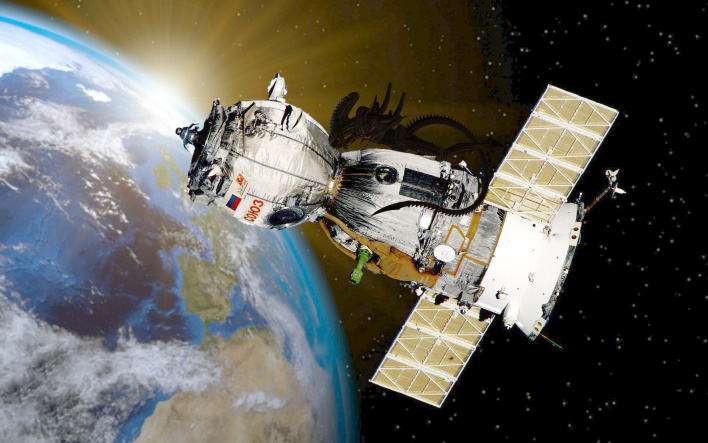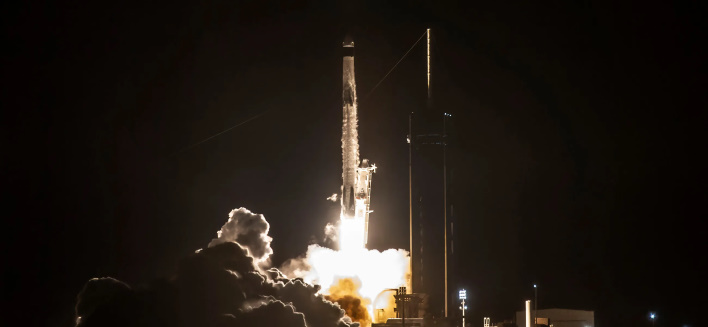Researchers Say Alien Organism Earth Invasions From Space Travel Are A Real Threat

Within their report, researchers Ricciardi, Cassey, Leuko, and Wollnough first look at humans' impacts on our own planet in terms of biological invasions. Whether these impacts lead to minor issues or significant biodiversity loss in an ecosystem, they are still a significant concern. Subsequently, these biological invasions are described as a "global biosecurity issue requiring rigorous transboundary solutions (Hulme 2020, Ricciardi et al. 2021)." However, now the concern is that "space is emerging as a new frontier of biosecurity risk," and we could be causing the same issues in space as we are on Earth.

The lead author of the paper, Anthony Ricciardi, spoke with Live Science over email, explaining that "the search of life beyond our world is an exciting endeavor that could yield an enormous discovery in the not-too-distant future." However, he further explained that "in the face of increasing space missions (including those intended to return samples to Earth), it is crucial to reduce the risks of biological contamination in both directions." The hope is that with this paper, Ricciardi and his peers will begin to see more studies from astrobiologists searching for life outside Earth in conjunction with biologists studying invasive species on Earth.
Thankfully, the researchers believe that the chance of an invasive extraterrestrial organism surviving its return or exit from Earth is low. However, this means there is still a chance, making this "analogous to extreme natural or technological disasters (e.g., major earthquakes, nuclear meltdowns) that, although typically rare, have potential consequences that are unacceptable and therefore merit unique safeguards (Ricciardi et al. 2011)." To this end, the researchers cite the recent Israeli lunar lander, containing thousands of dormant tardigrades which could survive nearly anywhere, that crashed on the moon due to technological failure.
Though there may also be natural methods of organic contamination, including meteorite impacts, the human factor examined above could accelerate this process significantly. As such, the researchers believe that it is necessary to have "Protocols for early detection, hazard assessment, rapid response, and containment procedures" used to deal with any "potential extraterrestrial contaminants on spacecraft or on biological material intentionally transported to Earth for analysis."

